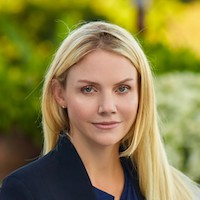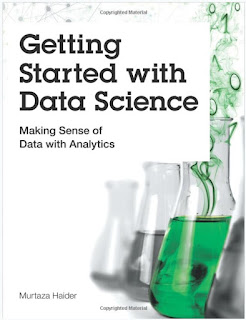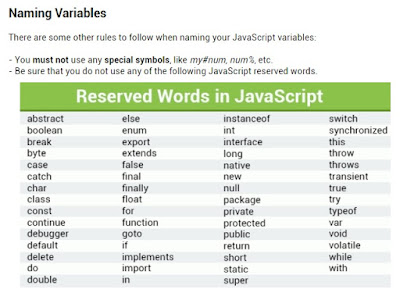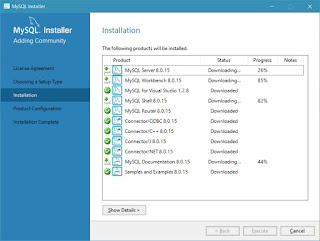I've spent the evening and early morning hours reading The Elements of Data Analytic Style - A guide for people who want to analyze data by Jeff Leek (This book is for sale at http://leanpub.com/datastyle), and wanted to post this amazing data analysis checklist here so that I may continually refer back to it.
The data analysis Checklist -- A way to evaluate the quality of a reported data analysis.
14.1 Answering the question
1. Did you specify the type of data analytic question (e.g.
exploration, association causality) before touching the
data?
2. Did you define the metric for success before beginning?
3. Did you understand the context for the question and
the scientific or business application?
4. Did you record the experimental design?
5. Did you consider whether the question could be answered with the available data?

















































